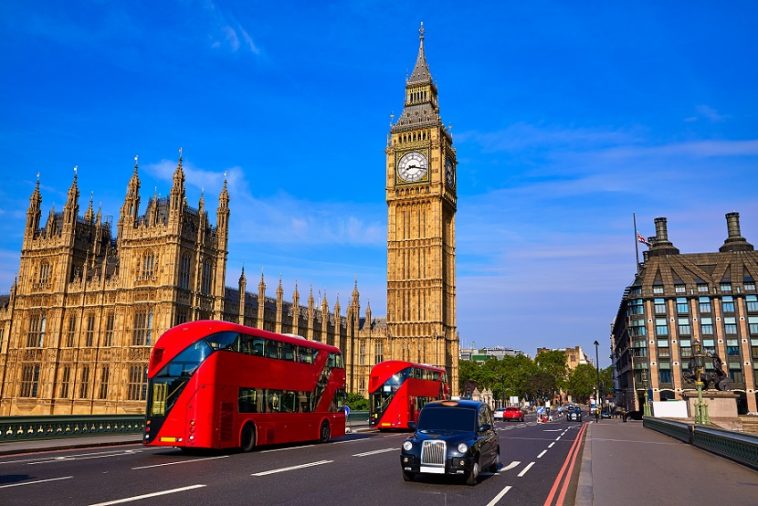Introduction.
Buying a house is one of the biggest steps you’ll ever take. It’s not just about finding a place to live—it’s also a huge financial investment.
In this guide, I’ll walk you through everything you need to know about buying a house in the UK, from saving for a deposit to getting the keys to your new home.
Why Is Knowing the Process So Important?
Buying a house can feel overwhelming. There are so many steps—viewings, mortgages, legal bits—it’s easy to get lost. But understanding how it all works can save you time, money, and a lot of stress.
Plus, with the average UK house price hovering around £286,000 (as of late 2024), it’s important to make informed decisions to protect your investment.
Step 1: Save for a Deposit
The first thing you’ll need is a deposit. Most lenders ask for at least 5% to 10% of the property price.
For example, if you’re buying a house for £250,000, you’ll need at least £12,500 to £25,000. The more you save, the better your mortgage deal is likely to be.
How can you save faster?
- Set up a Lifetime ISA (LISA): The government adds 25% to your savings, up to £1,000 a year.
- Cut back on non-essential spending (easier said than done, I know).
- Look into help-to-buy schemes or shared ownership if you’re struggling to save a big deposit.
Step 2: Figure Out What You Can Afford
Before you start house hunting, it’s essential to know how much you can afford. Lenders usually offer 4 to 4.5 times your annual income, depending on your financial situation. Use an online mortgage calculator to get an idea of your budget.
Don’t forget to factor in other costs like:
- Stamp Duty (if the property is over £250,000 for first-time buyers).
- Legal fees (around £1,000 to £2,000).
- Surveys (between £400 and £1,500).
- Moving costs and any immediate repairs or furniture.
Step 3: Get a Mortgage in Principle
A Mortgage in Principle (MIP) is a document from a lender saying how much they’re willing to lend you. It’s not a final agreement, but it shows sellers and estate agents you’re serious. It also helps you know your price range.
Step 4: Start House Hunting
This is the fun part! Browse online property portals like Rightmove and Zoopla, or visit local estate agents. Think about:
- Location: What’s the commute like? Are there good schools nearby?
- Size: Do you need extra space for a growing family or remote working?
- Condition: Is the property ready to move in, or will it need renovations?
When you find a house you like, book a viewing. Don’t be afraid to ask questions—how old is the boiler? What are the neighbours like?
Step 5: Make an Offer
Once you’ve found “the one,” it’s time to make an offer. Most properties are listed with some wiggle room in the price, so don’t be afraid to negotiate. If your offer is accepted, it’s time to move on to the next steps.
Step 6: Arrange Surveys and Legal Work
Your lender will require a basic valuation survey, but you might want to arrange a more detailed survey to uncover any hidden issues. A solicitor or conveyancer will handle the legal side, like contracts and transferring ownership.
Step 7: Finalize Your Mortgage
Once all checks are complete, you’ll get a formal mortgage offer. Review it carefully and ask your lender or broker if you have questions.
Step 8: Exchange Contracts
This is the point where things get serious. You’ll pay your deposit, and both you and the seller will sign the contracts. From here, you’re legally committed to buying the house.
Step 9: Completion Day
On completion day, the property officially becomes yours. Your lender transfers the mortgage money to the seller, and your solicitor handles the paperwork. Once everything is done, you’ll get the keys to your new home.
FAQs
1. Can I buy a house with bad credit?
Yes, but it might be more challenging. You may need a larger deposit or have fewer mortgage options. Speak to a mortgage broker for advice.
2. How long does it take to buy a house in the UK?
It usually takes 3 to 6 months, but delays can happen, especially if there’s a chain involved.
3. What is Stamp Duty?
Stamp Duty is a tax on property purchases over a certain price. First-time buyers often get discounts or exemptions.
Further Resources
Wrapping Up
Buying a house in the UK can feel like a long journey, but it’s worth it once you’re settled in your new home.
Remember, preparation is key—start saving early, understand the steps, and get the right support.
What’s your biggest worry about buying a house? Let me know—I’d love to help





GIPHY App Key not set. Please check settings